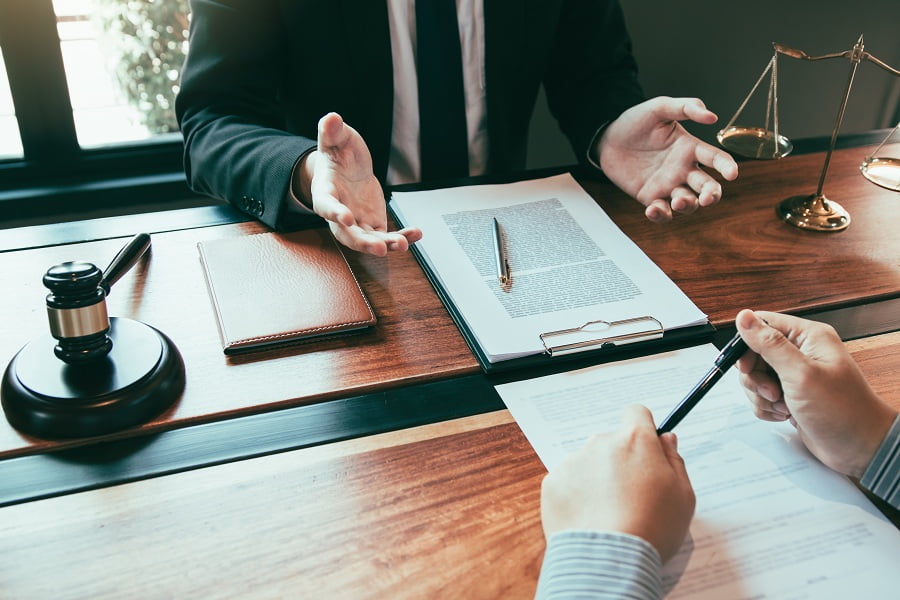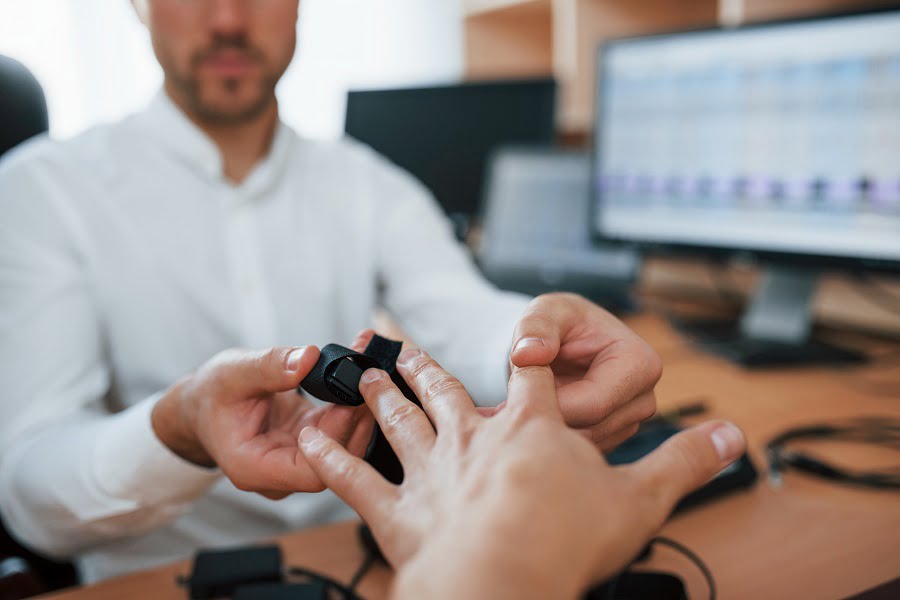
When and How to Exercise Your Right to Silence?
One of the most important rights under the Australian Constitution is the right to remain silent when dealing with the police. It is a fundamental law right codified in Queensland’s section 397 of the Police Powers and Responsibility Act. The law gives everyone the right to silence when you are being questioned about anything from felony, traffic offence, etc.
The police themselves will tell you that you have the right to remain silent. But when are you supposed to exercise this right? In practical application, you must understand when to exercise this right and how. Otherwise, your actions may result in a problem with the law.
For a private citizen, you need to have a criminal defence lawyer you can reach out to when in contact with the police. Your lawyer will guide you on how and when to exercise your right to silence. Here is a typical guide on how to exercise this right.
When To Stay Silent

If you have been accused of a crime, you have the right to remain silent during the questioning. In other words, you can choose not to answer any questions the police ask. But there are exceptions. Right to silence does not include basic information about yourself. You must identify yourself by giving official names, addresses, and any other basic information the police needs.
There are other circumstances when you do have to answer police questions. For example, if you have been involved in an accident. You will need to answer questions like what was the cause of the accident. Failing to answer these questions might have the police lodge criminal charges against you. However, you need legal advice when answering such questions.
After providing basic information as advised by your lawyer, you have the right to remain silent. The reason for these safeguards is to ensure that you don’t say something that might be used against you in court.
The bottom line is, if you find out the police want to talk to you, first call a lawyer for legal advice on the questions you can answer depending on the circumstances you are in. With that, you will be able to know what to say.
How To Exercise Right To Silence
It is the police’s job to get as much information as they can from you to build their case against you. If it is alleged that you have committed a crime and the police want to question you about the offence, inform them that you would like to first speak to your lawyer. This is when your lawyer’s contact information and professional advice will come in helpful.
If they try to pressure you to answer questions, continue to ask to speak to your lawyer. Contact your lawyer to speak with the police on your behalf and to advise you appropriately.
At Bouchier Khan Lawyers, we are specialists in criminal defence. Call us, and our legal team will be happy to help.
This article is of a general nature and is intended for information only. It should not be relied upon as legal advice. If you require further information, advice or assistance for your specific circumstance, please contact us at Bouchier Khan Lawyers.
